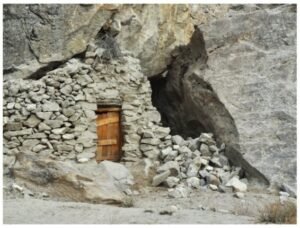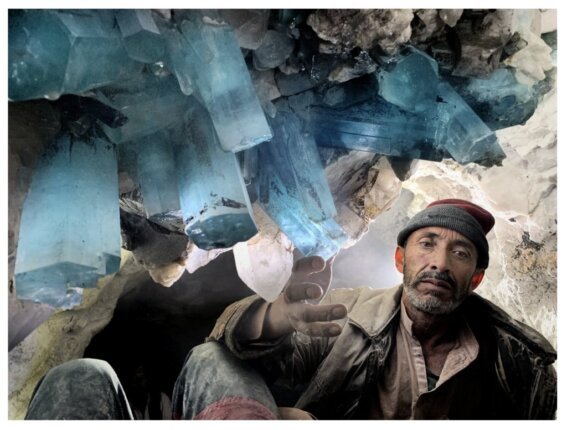GILGIT: The government of Gilgit-Baltistan has lifted the 2021 ban on mining licenses, a move that has sparked widespread debate in the region. Officially announced on December 27, 2024, the decision follows discussions held during the 11th and 14th meetings of the GB Cabinet earlier this year. The ban, imposed in March 2021, sought to address concerns over resource exploitation by external entities and to ensure local benefits from the region’s mineral wealth.

Under the new policy, the process of granting mineral titles will transition to an online system, which becomes operational on January 6, 2025. Applications submitted before the ban will be given priority, and all applicants must comply with the Gilgit-Baltistan Mining Concession Rules, amended in 2019 and 2024. The government touts the online system as a step toward transparency and efficiency, aiming to attract investment, create jobs, and boost economic growth.
However, the announcement has reignited fears among local communities regarding outsider dominance in resource extraction. Activists argue that previous mining activities led to environmental degradation, cultural insensitivity, and economic disparities, with little benefit to the local populace. They stress the need for robust policies to ensure the region’s wealth contributes to community welfare rather than external profits.
Environmentalists have also expressed concerns about the fragile ecosystem of Gilgit-Baltistan, warning that renewed mining without strict safeguards could cause irreversible damage to its landscapes and biodiversity. Local leaders have called for greater representation in decision-making, revenue-sharing mechanisms, and effective oversight to ensure compliance with environmental and social standards.
The lifting of the ban presents both opportunities and challenges. While it could spur economic development, the government must address local concerns and ensure sustainable practices. Transparent and inclusive policies will be critical in transforming the region’s mineral wealth into a source of prosperity for its people while safeguarding its natural and cultural heritage.




